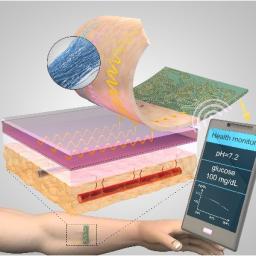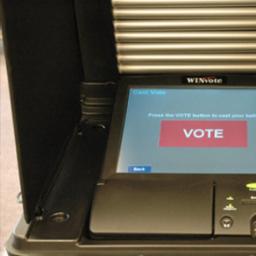'Faceless Recognition System' can identify you even with your face hidden
In a new paper uploaded to the ArXiv pre-print server, researchers at the Max Planck Institute in Saarbri1/4cken, Germany demonstrate a method of identifying individuals even when most of their photos are un-tagged or obscured. The researchers' system, which they call the "Faceless Recognition System," trains a neural network on a set of photos containing both obscured and visible faces, then uses that knowledge to predict the identity of obscured faces by looking for similarities in the area around a person's head and body.
The accuracy of the system varies depending on how many visible faces are available in the photo set. Even when there are only 1.25 instances of the individual's fully-visible face, the system can identify an obscured faced with 69.6 percent accuracy; if there are 10 instances of an individual's visible face, it increases to as high as 91.5 percent.
In other words, even if you made sure to obscure your face in most of your Instagram photos, the system would have a decent chance identifying you as long as there are one or two where your face is fully visible.
The accuracy of the system varies depending on how many visible faces are available in the photo set. Even when there are only 1.25 instances of the individual's fully-visible face, the system can identify an obscured faced with 69.6 percent accuracy; if there are 10 instances of an individual's visible face, it increases to as high as 91.5 percent.
In other words, even if you made sure to obscure your face in most of your Instagram photos, the system would have a decent chance identifying you as long as there are one or two where your face is fully visible.

